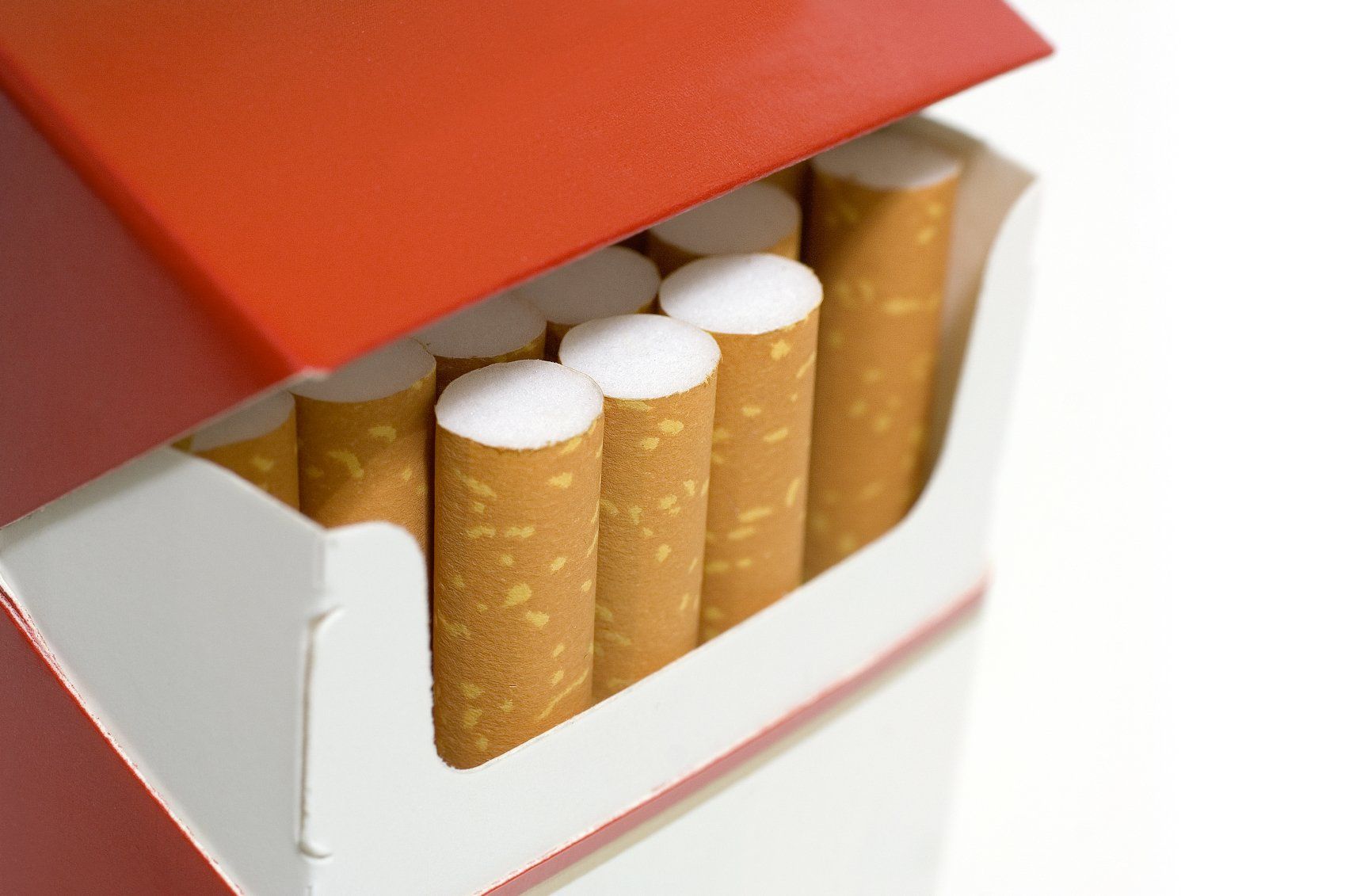Factory Friday is known amongst the more hydrated individuals as the last day at work preceding a delicious few days of rest, even the bible endorses such a carry on, “Take thine ease, eat, drink, and be merry” pipes St. Luke. In reality the ‘rest’ part of this particular equation often takes on the form of a week-long hedonistic binge leading gracelessly into the main event, New Years Eve. How do I know this and why am I making such a broad generalisation? I have run pubs and bars and this particular period of business frequently yielded enough paper to cover the cost of a half decent rehabilitation facility for a month. Imagine if you will, a festival of frivolities centred around reflection, reconnection, reformation and potential spiritual rebirth. There is no specific day on which you are required by tradition to present the bounty of loot offered by the marketing hijacked, red-suit wearing, fat, judgemental and let’s be honest here, alcoholic St Nick imposter. You are not required to nosh down an over-cooked, over-priced and frankly tasteless lump of Meleagris. You are not expected to wear a silly jumper/hat/slippers/underwear. Instead, December the 25th heralds the beginning of the short period observed at the end of each Gregorian year in which we all take a break to work without judgement on our own selves. A short period of time that culminates with a metaphorical goat*. The 31st of December, the last last day of the month of this year, the final seconds are counted down and left in the past forevermore so why not leave our regrets, failings, negative memories and indiscretions in the same place? I can hear the frustrated voices shouting at me, “That’s exactly what we do you dim witted twerp!” In response I say, alright, you make a good point but what I’m batting for is an inclusive experience. Think about how we all seem to bond over the traditional Christmas Day, we agree not to work, (tip of the hat to Doctors, nurses, paramedics and other heroic professionals) we all suggest merriment to complete strangers, we put a tree in our living rooms and spend until next year trying to get the sodding needles out of the rug, we overeat, over-drink, overspend and overindulge in overpriced and overly sugared confectionery. Now try and visualise a week where we all bond over something that is actually real, the opportunity to make like JC’s man Janus, face the past and look to the future. I don’t mean sharing a pint with your mates having a whine about your relationship breakup and your intention to shag your way back to happiness, I mean several days in which we talk and listen to those closest to us, a mental purge, a loading of the goat in readiness for redemption at the hands of real live people. Oh, and a monumental party such that the first day of the bright new year can go straight onto next Decembers goat....
Indulge me please dear reader, (I don’t want to be presumptuous and use the plural) while I use my own year and the current state of affairs in my own life as an example.
January the 1st 2022 started with a headache, what an idiot! By February the 1st I was skint because I wasn’t working to my full potential due to an emotional and mental health issue, see my previous article “The Bastard Behind the Eyes.” By April I was un-able to work due to an injury that to this very moment still plagues my every day. I can’t tell you much about the Summer because it seemed to pass me by without a single Diem having been Carpe’d. 2022 was the year that my relationship broke down, the year that I lost my home, lost my workshop, lost my future, lost the plot and found my family and my friends again. What did I do in my period of R’s? I workshopped my failings, I recognised my cock-ups, I admitted to myself and others that I was in trouble of losing more than just the plot, in short I took ownership of my own shit. What did January the 1st give me? A new year, a new life in the planning stages, an excitement not felt for a very long time and best of all, in the words of Mr. Pop, first name Iggy, “I got a lust for life!”
* https://www.merriam-webster.com/dictionary/scapegoat





























